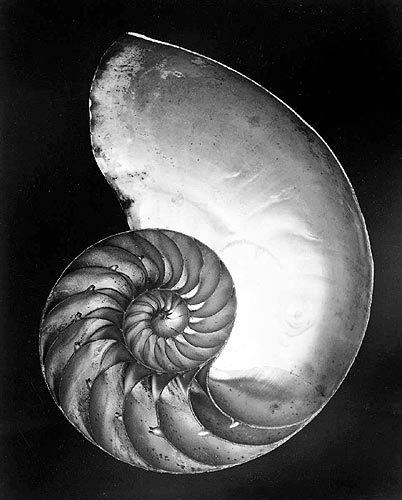Edward Henry Weston (March 24, 1886 – January 1, 1958) was a 20th-century American photographer. He has been called “one of the most innovative and influential American photographers…”[1] and “one of the masters of 20th century photography.”[2] Over the course of his 40-year career Weston photographed an increasingly expansive set of subjects, including landscapes, still lifes, nudes, portraits, genre scenes and even whimsical parodies. It is said that he developed a “quintessentially American, and specially Californian, approach to modern photography”[3]because of his focus on the people and places of the American West. In 1937 Weston was the first photographer to receive a Guggenheim Fellowship, and over the next two years he produced nearly 1,400 negatives using his 8 × 10 view camera. Some of his most famous photographs were taken of the trees and rocks at Point Lobos, California, near where he lived for many years.
Weston was born in Chicago and moved to California when he was 21. He knew he wanted to be a photographer from an early age, and initially his work was typical of the soft focus pictorialism that was popular at the time. Within a few years, however, he abandoned that style and went on to be one of the foremost champions of highly detailed photographic images.
In 1947 he was diagnosed with Parkinson’s disease and he stopped photographing soon thereafter. He spent the remaining ten years of his life overseeing the printing of more than 1,000 of his most famous images.






